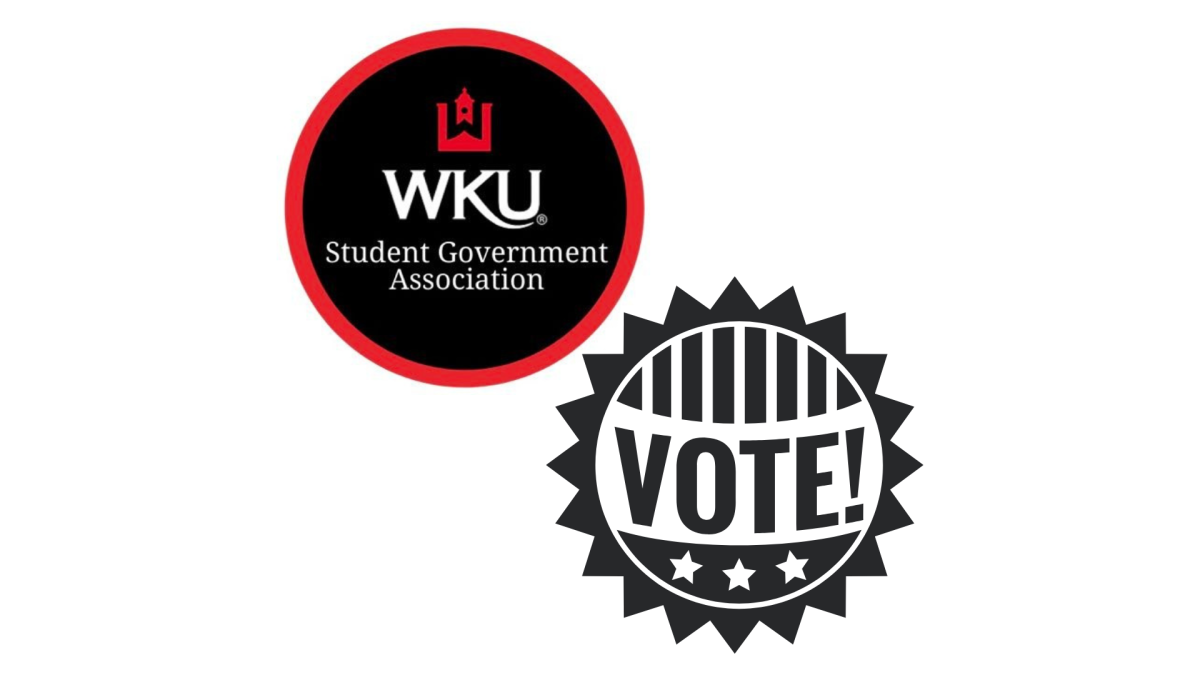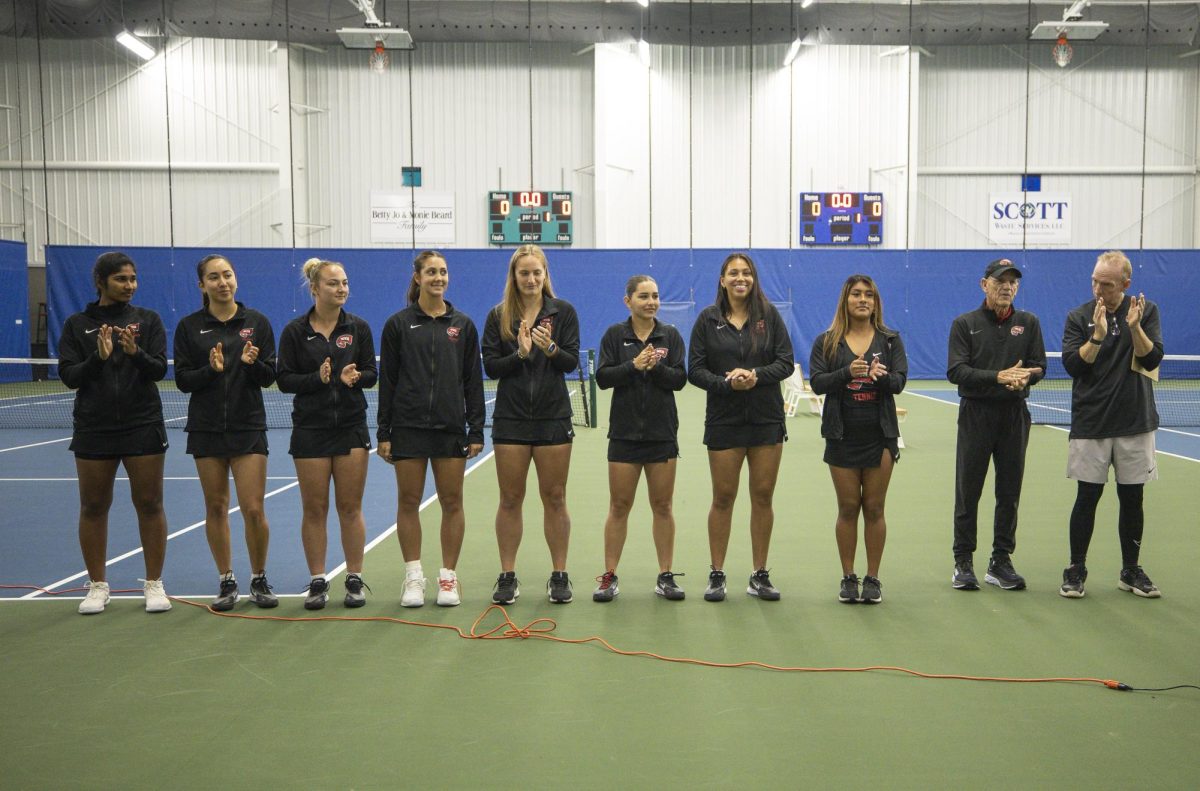University correct in not disclosing Title IX investigation records
April 19, 2017
Sexual assault investigations, which fall under Title IX provisions in the Office of Civil Rights, are among the most important matters we face in American higher education. Because of the importance and delicateness of such matters, we at WKU are taking such investigations very seriously.
WKU is one of three Kentucky universities appealing Open Records Opinions issued by Attorney General Andy Beshear with regard to such investigations. A lot of ink has been devoted in recent months to the appeal filed by WKU naming two campus newspapers, the College Heights Herald and the Kentucky Kernel, as party defendants, not to mention the press releases and comments from Mr. Beshear over the last couple of months. Most of media reporting has focused on Mr. Beshear’s decision to “side with” the newspapers against the universities and his suggestion that universities are violating Open Records law in an effort to protect the identity of “predators.”
WKU believes additional information will bring about a better understanding of the dispute, and the reasons why universities have declined to release the records pertaining to such investigations.
State universities are expected to exercise transparency and honor the public’s right to information, while also refusing inspection of records exempted from public inspection under Kentucky law. State universities must also comply with federal laws, (Family Educational Rights and Privacy Act, Title IX, Violence Against Women Act, etc.) and the U.S. Department of Education, which require universities to keep certain records confidential, specifically in this case, documents that comprise Title IX complaints and investigations of sexual misconduct and sexual assault investigations. The reason for requiring this confidentiality is twofold: to protect the safety and privacy of the victim, and to encourage a victim to report a violation.
It is these very records—documents of Title IX investigations—which the newspapers have demanded access. Because universities cannot disclose these records without violating these state and federal laws, the newspapers were denied access to the records.
The newspapers appealed to the Office of the Attorney General, asking that Mr. Beshear, as Attorney General, review the refusal to allow access.
Previous Kentucky attorney generals have upheld decisions of state agencies to deny inspection of these types of records. Mr. Beshear, however, decided to take a different position: Asserting his right to inspect the investigation records, he directed WKU (and UK and KSU) to deliver the records to his office so that the records could be reviewed by him / his staff.
In light of the state and federal law, which would be violated by doing so, the universities could not, and did not, provide the investigation records to Mr. Beshear or his staff.
As a result, Mr. Beshear issued a series of opinions, where he stated each university had violated Open Records laws, and further directed that the two newspapers be immediately allowed to inspect and copy the investigation files with “the exception of the names and personal identifiers of the complainant and witnesses …”
As a result, we find ourselves in litigation involving two student newspapers, three state universities, three Kentucky circuit courts, and the Attorney General, over records that the law has repeatedly made clear must be kept confidential.
Mr. Beshear and the newspapers suggest that a victim’s identity can remain confidential simply by removing or not disclosing the name of the victim and witnesses (if any) from the records. This suggestion has also been rejected by the courts. Using internet resources alone, a person could sift the information contained in records, “put two and two together,” and identify witnesses and /or a victim.
On a college campus, faculty, staff, and students come in contact with and often know each other. If the date, place, time, and description of the complaint circumstances become public, it is reasonable to expect friends, acquaintances, or others can eventually, if not immediately, determine who filed a particular complaint.
If the records are not confidential, anyone can request access to the records—including those with ill intent towards the victim and/or witnesses. The now identifiable witness and victim are exposed to potential threats, humiliation, and public question/condemnation. There is no question victims would be discouraged from coming forward in the face of these risks.
Mr. Beshear’s comment that professors are “predators,” (his words), without any basis or evidence, is the sort of generalized condemnation, which does nothing to engender trust in the investigative process on the part of anyone—victims, witnesses, or accused.
Mr. Beshear is critical of WKU, stating it expects the public (i.e., him) to “trust” that it will investigate and resolve Title IX complaints. By placing legal responsibility for Title IX complaints and investigations squarely on universities, the federal government has done exactly this—not only trust it to do so, but requiring it.
Furthermore, it isn’t the universities’ place to trust the newspapers or the Attorney General with these records—the right to privacy belongs to the victims and accountability for protecting these rights lies with the universities—not the newspapers or the Attorney General.
As I have recently stated, our absolute priority is to protect the identity of the victim in a Title IX investigation, and we will continue to do so as long as the law requires it. Only the victim has the right to choose to make a crime against him or her public. To my knowledge, none have contacted either the newspapers or Mr. Beshear with such information.
The bottom line: WKU is obligated to comply with established law and legal precedent, even if it draws the ire of the Attorney General. The matter is being considered by three Kentucky judges. WKU recognizes its obligation to await a final adjudication regarding whether such records are exempt for public disclosure. Mr. Beshear and the newspapers should do the same.
Op-ed by President Gary Ransdell

























